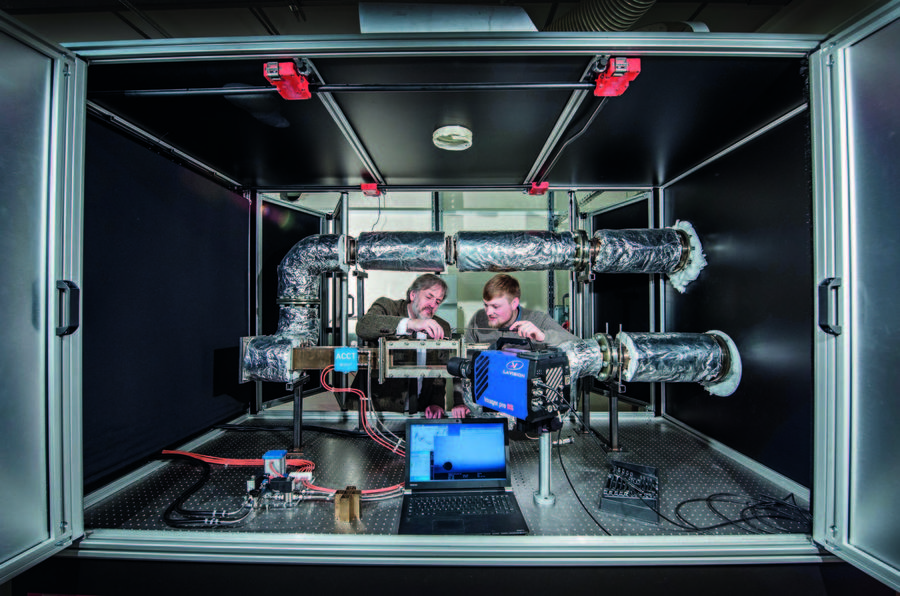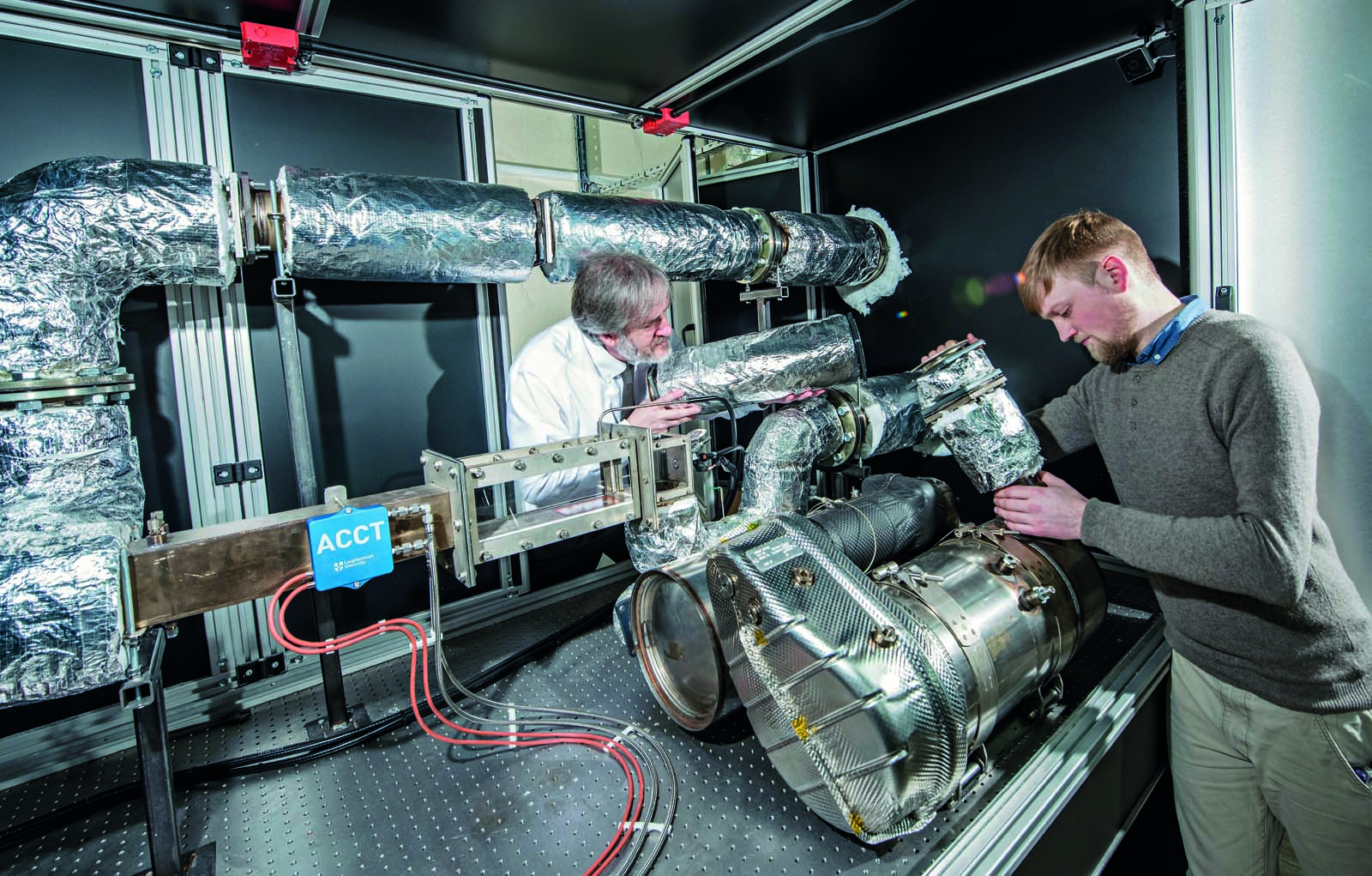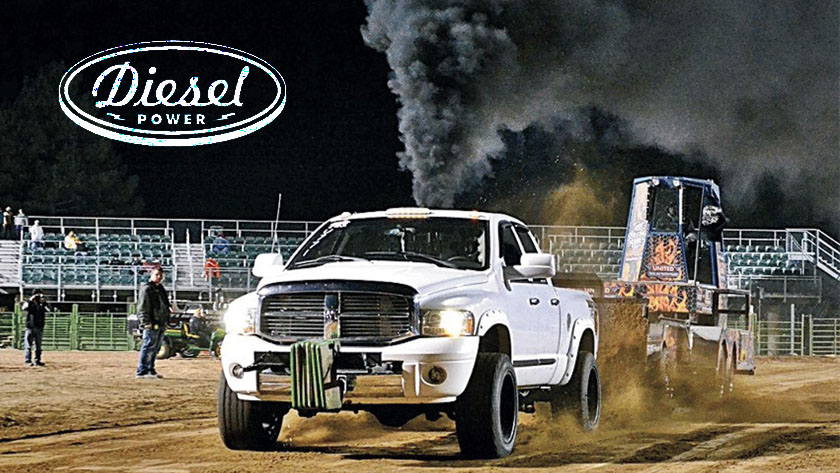The new exhaust technology – A savior of the diesel engine
A while ago, the diesel cars used to be the preference. And if you look at the previous year, all of Europe was filled with diesel cars owing to their higher torque figures and better fuel economy. But the thing that brought down diesel engines was harmful emissions, but that could end permanently as researchers at a British university have developed a miracle product.
Researchers have developed a technology that they believe can eliminate harmful nitrogen oxides from diesel combustion engines, claiming that with this technology a combustion engine will barely emit more harmful gasses than an electric car would.
The system is called ACCT (Ammonia Creation and Conversion Technology). The system has reached a promising stage that their new technology is removing a staggering 98% of toxic diesel NOx emissions, which the researchers are being bombarded by car manufacturers, component manufacturers and owners of large fleets of diesel engines that have got a whiff of this innovation and how it can solve the underlying problem. No wonder people are so interested after what happened with Volkswagen Diesel gate fiasco.

The team led by Graham Hargrave professor of optical diagnostics and Jonathan Wilson, a research associate has been working on this emission problem for many years but bore fruit in the past two years. Its current state seems like it’s a large and bulky machine, but the team believes that ACCT should be fairly easy to engineer and could reach production within two years if provided with the right support which obviously means funding for further research and testing.
Read Also: Petrol vs Diesel Engines – What is the difference and which is better
ACCT or ammonia creation and conversion technology convert AdBlue into an ammonia-based ACCT fluid under specific controlled conditions inside an exhaust chamber. It then uses the ammonia to separate the nitrogen and oxygen, leaving simple nitrogen, which makes up 78% of our atmosphere and water which is harmless as well. The selling point of this system is that it works as high efficiency in low exhaust temperate as well that currently challenges most systems.

The first test run was conducted on a diesel Skoda Taxi which focused more on slow city driving with multiple starts and stops, while other systems barely manage to filter out 60% of the emission, ACCT hit 98% on its very first trial run in which the system was not even tuned to achieve maximum efficiency. Experts believe that this may be the breakthrough everyone working on diesel engines, is looking for and it could potentially help us in manufacturing zero emission diesel engines.
The Loughborough team says that now it needs a big and heavy tech partner to take ACCT to the next level and into production. Negotiations are already underway between the university IP specialists and prospective partners. Hargrave said:
“Our sense is that we need a major supplier rather than a single manufacturer.”
How it happened:
If ACCT ends up changing the future of diesel engine, it will be only because Wilson decided to start a Ph.D. at the Loughborough University. Hargrave was his professor who explained:
“We’ve known for ages there was an NOx problem with AdBlue and low temperatures. Jonathan had an idea that could solve it but needed the opportunity to develop it, so we went to the university and organized an internal scholarship. He’d worked on a similar topic through his undergraduate years.”
“That work made it clear that if anyone was going to solve this problem, it’d be Jonathan. So, we said here’s the lab and the money. Just go and make it work. And he did…”
With what happened to Volkswagen after that diesel scandal there had been rumors that Porsche and Toyota are planning to remove diesel cars from their lineup and stop production of diesel engines, but there has been no formal statement or any evidence to support those rumors. Yes, sales figures of diesel cars have dropped significantly, but this could be the next thing which brings back diesel engines to the top.
Do you think this technology will ever reach production stage and if it does, will it bring back the diesel market, let us know in the comments below.

